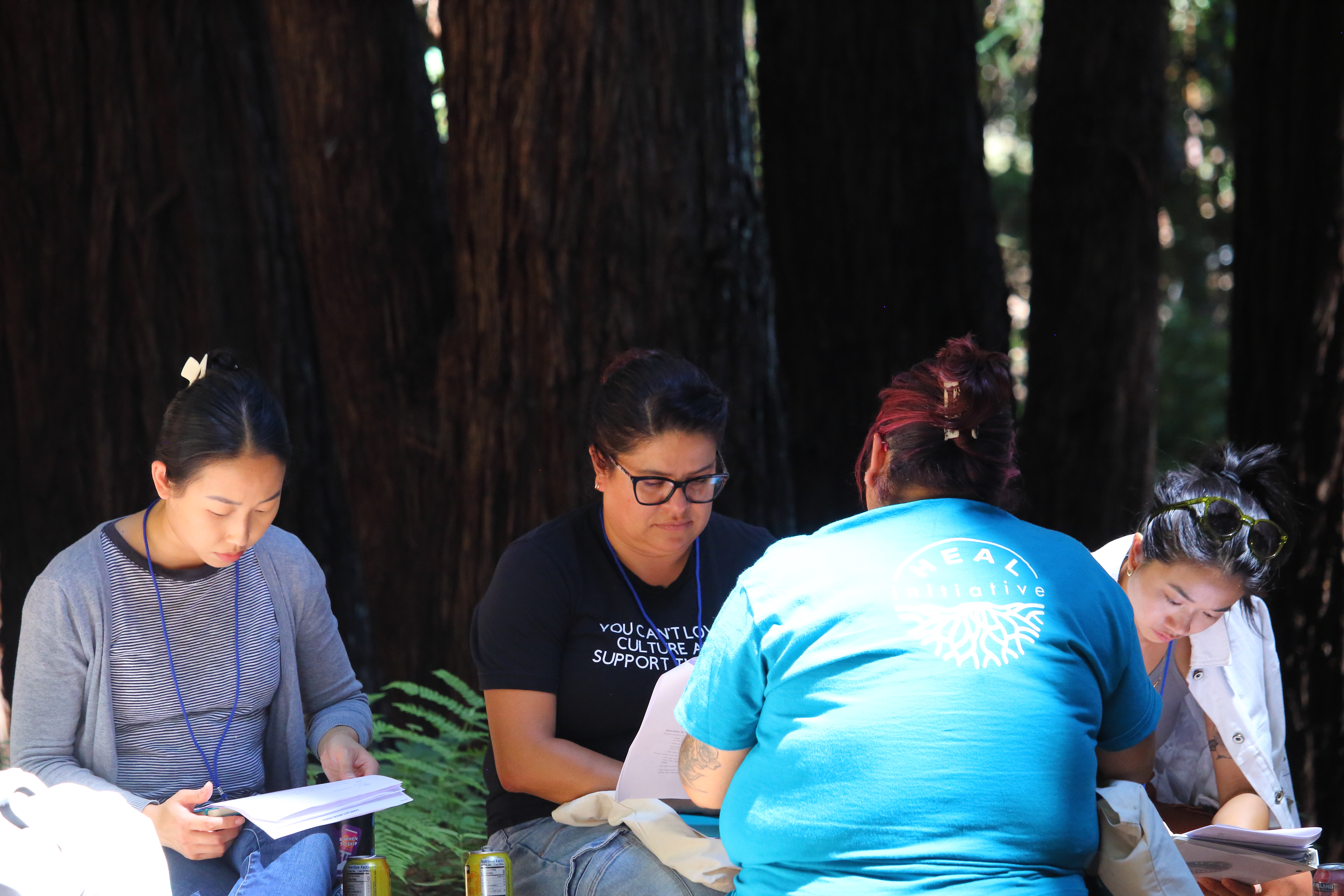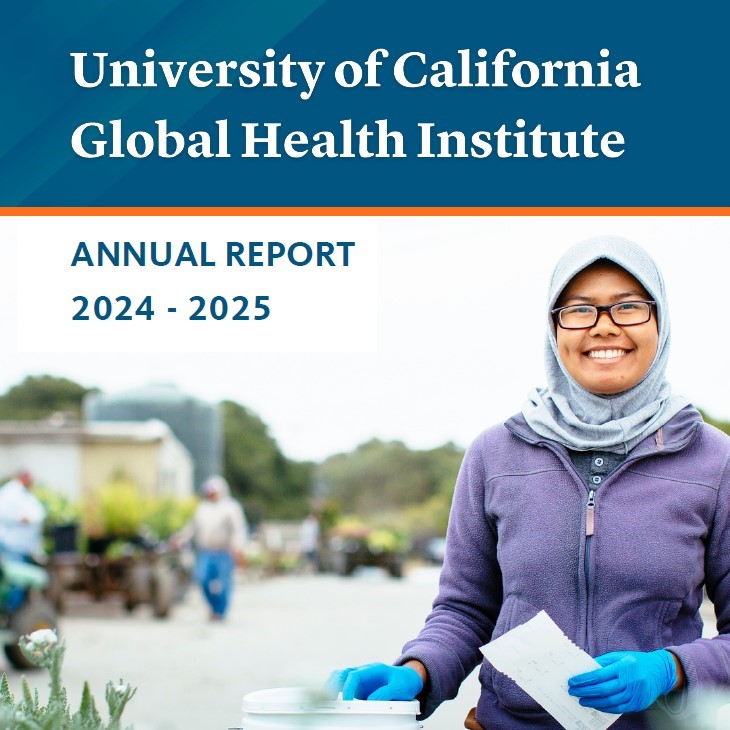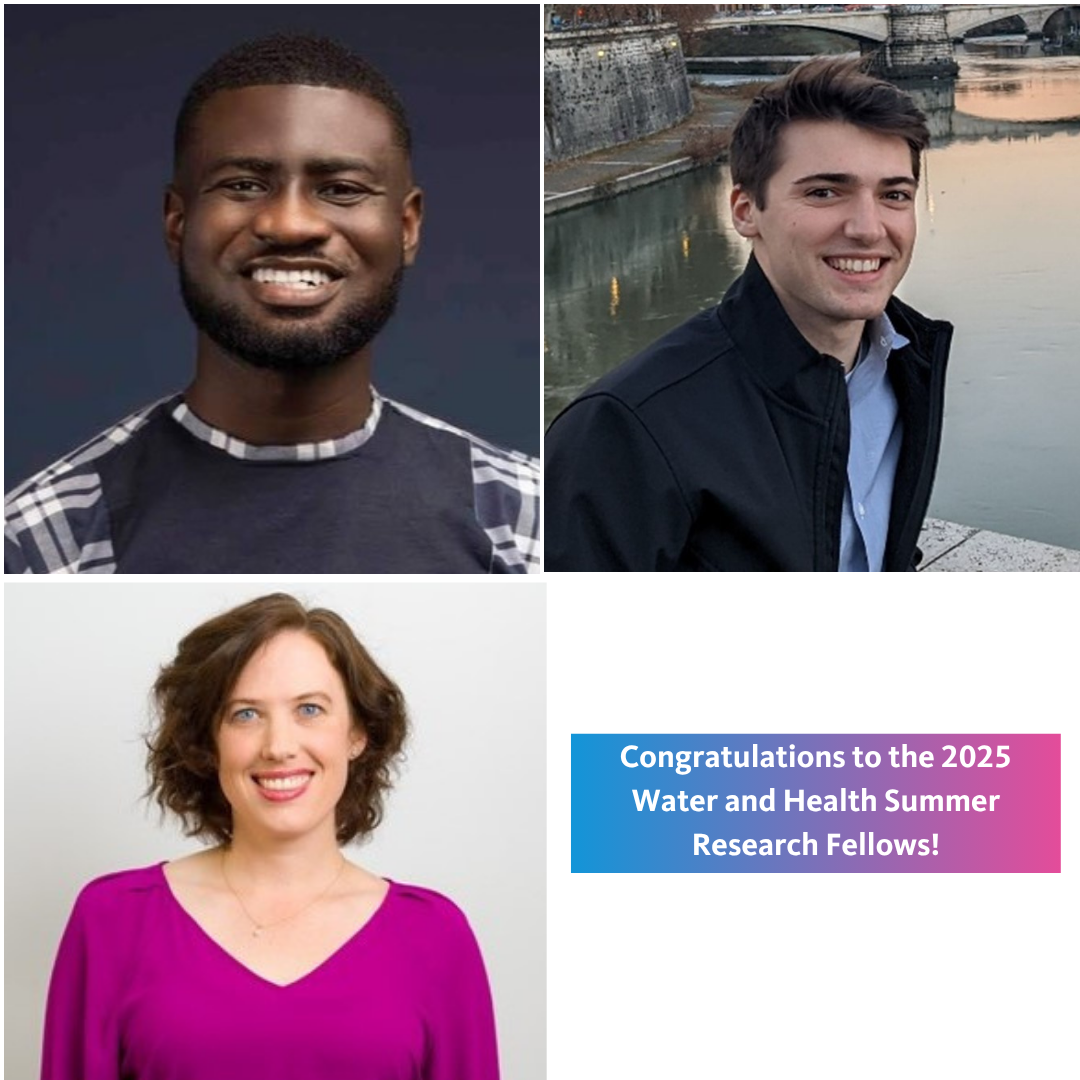
The UCGHI Center for Planetary Health Water and Health Research Fellowships are designed to provide students with funding to conduct research on water and health.
The UCGHI Center for Planetary Health Water and Health Summer Research Fellowships start in June 2026. The water and health research fellowships are designed to provide students with funding to conduct research on water and health. Students are encouraged to have two University of California faculty mentors from two different UC campuses. Applicantions are welcome from graduate and undergraduate students. A max of $5,000 is offered for the summer fellowship, $2,500 is the average amount awarded.
Desired skills, experience, and qualities of the student:
- Graduate or undergraduate student status at a UC campus.
- Minimum GPA 3.0 to be eligible for the program.
- Strong desire to learn, proactive and solution-oriented attitude, excellent written and verbal communication skills.
- Ability to synthesize complex information from various sources.
- Ability to collaborate and communicate with stakeholders.
- Confident, self-motivated, well-organized.
- Interest in water and health research.
Examples of activities that the student may be involved in:
- Conduct water and health research in the field or in the lab with two mentors from two different UC campuses.
- Investigate drinking water quality among vulnerable populations and health risks.
- In the lab, measure pesticides in water and discuss implications for health.
To apply for a summer fellowship, please complete and email the application and supporting materials to planetaryhealth@ucdavis.edu by March 13, 2026 for initial review. Applications will be reviewed in March.
Applications submitted after March 13, 2026, may be accepted if additional opportunities arise. Further information about the program as well as the desired skills, experience, and qualities of the fellows can be found below. Please direct any questions about the fellowship program or application to planetaryhealth@ucdavis.edu.
Application Materials Requested:
- Resume including contact information, education, employment, honors, publications.
- Recommendations from two UC faculty mentors from two different UC campuses who will be your mentors.
- Personal statement that describes your career goals and what you hope to gain from a summer fellowship (1 page maximum)
- Research statement (3 page maximum) that describes your summer research plans for the summer funding window, includes: background, novelty of research, research design and analysis plan for the summer funding, IRB approval, goals for disseminating the research, strengths and limitations (3-4 pages max).
- Budget that describes how the funding will be used and timeline for conducting the research over the summer months.
Email your application to planetaryhealth@ucdavis.edu.
High Level Program Timeline:
| Deadline for priority applications | March 13, 2026 |
| Candidate interviews begin | March 27, 2026 |
| Acceptance notifications sent | April 2026 |
| Kick-off Meeting | May 2026 |
| Programs begin | June 2026 |
| Mid-point check-in | July 2026 |
| Final deliverables due | August 2026 |
Douglas Kramer
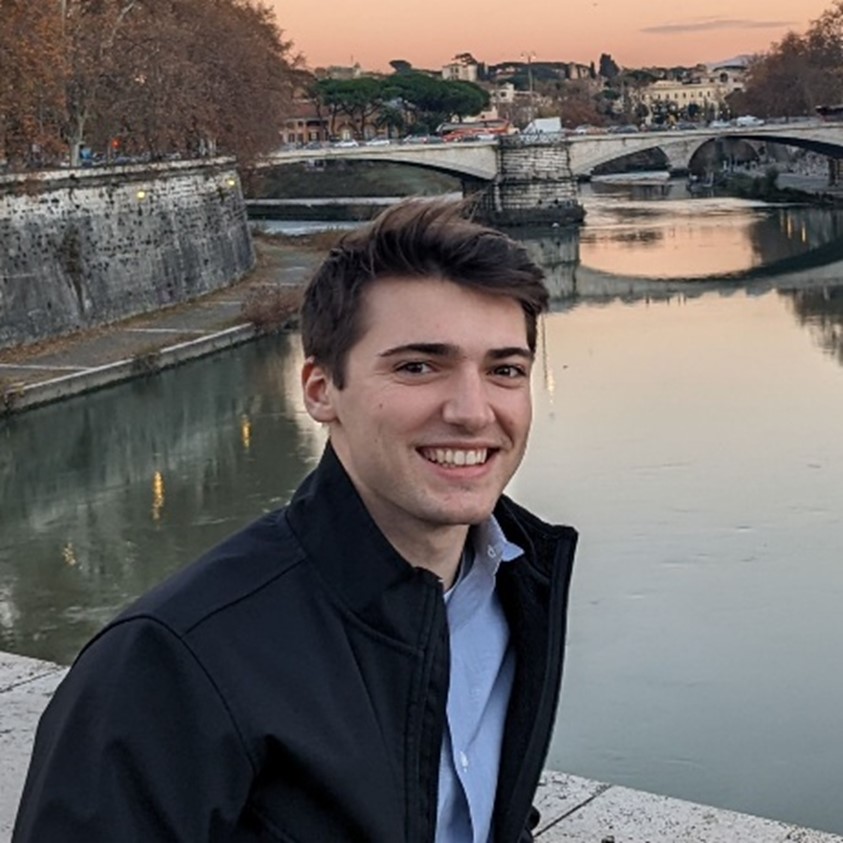 Douglas Kramer is a first-year MPH student in the Global Health and Environment program at UC Berkeley. He received his BS in Computer Science from UC Santa Cruz Cum Laude. Before beginning his MPH, he worked at the intersection of health and technology, leveraging his analytical skills at a non-profit that works with cataract-caused blindness. His shift toward public health was driven by his interest in addressing system-wide disparities in health, particularly with respect to global infectious diseases. Using a One Health approach, his research this summer will explore antimicrobial resistance (AMR) patterns that surround the industrial poultry facilities of Quito, Ecuador. His study will seek to understand how organisms with AMR may move between animals, the environment, and human populations.
Douglas Kramer is a first-year MPH student in the Global Health and Environment program at UC Berkeley. He received his BS in Computer Science from UC Santa Cruz Cum Laude. Before beginning his MPH, he worked at the intersection of health and technology, leveraging his analytical skills at a non-profit that works with cataract-caused blindness. His shift toward public health was driven by his interest in addressing system-wide disparities in health, particularly with respect to global infectious diseases. Using a One Health approach, his research this summer will explore antimicrobial resistance (AMR) patterns that surround the industrial poultry facilities of Quito, Ecuador. His study will seek to understand how organisms with AMR may move between animals, the environment, and human populations.
Elizabeth Frost
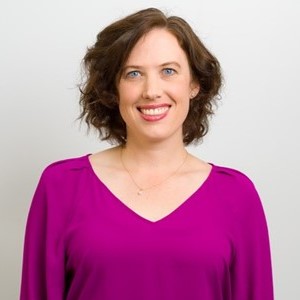 Elizabeth Frost is a doctoral candidate in the Joint Doctoral Program in Public Health at UC San Diego and San Diego State University. Her research focuses on the social and environmental determinants of menstrual hygiene management, with particular attention to women's economic empowerment and experiences of intimate partner violence among women and adolescent girls in Nigeria. Trained in both social work and public health, Elizabeth applies an interdisciplinary approach to her research and practice. She has experience leading and supporting community-based programs, health education initiatives, and research across a range of global and domestic public health issues. Her research portfolio includes work in Water, Sanitation, and Hygiene (WaSH), HIV prevention, tobacco control, cancer prevention, refugee and immigrant women's health, COVID-19, and gender-based violence. Elizabeth’s global health experience includes serving in the Peace Corps in Rwanda, where she partnered with rural women to improve child nutrition and hygiene practices. She has also developed menstrual health education curricula for young refugee women in the U.S. and conducted water quality testing along the U.S.-Mexico border in underserved communities. Elizabeth is committed to generating evidence that informs equitable health policies and interventions, particularly for women and girls in low-resource settings.
Elizabeth Frost is a doctoral candidate in the Joint Doctoral Program in Public Health at UC San Diego and San Diego State University. Her research focuses on the social and environmental determinants of menstrual hygiene management, with particular attention to women's economic empowerment and experiences of intimate partner violence among women and adolescent girls in Nigeria. Trained in both social work and public health, Elizabeth applies an interdisciplinary approach to her research and practice. She has experience leading and supporting community-based programs, health education initiatives, and research across a range of global and domestic public health issues. Her research portfolio includes work in Water, Sanitation, and Hygiene (WaSH), HIV prevention, tobacco control, cancer prevention, refugee and immigrant women's health, COVID-19, and gender-based violence. Elizabeth’s global health experience includes serving in the Peace Corps in Rwanda, where she partnered with rural women to improve child nutrition and hygiene practices. She has also developed menstrual health education curricula for young refugee women in the U.S. and conducted water quality testing along the U.S.-Mexico border in underserved communities. Elizabeth is committed to generating evidence that informs equitable health policies and interventions, particularly for women and girls in low-resource settings.
Felix Opoku
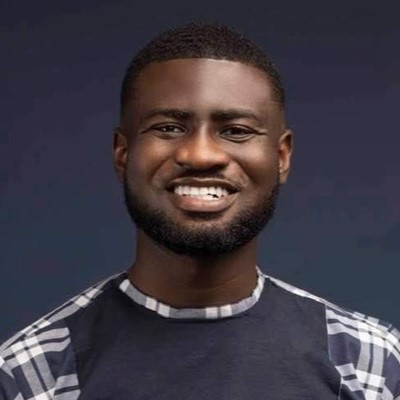 Felix Agyemang Opoku is a first-year Ph.D. student in Public Health at the University of California, Merced. He holds a Bachelor of Science in Medical Laboratory Technology and a Master of Public Health in Occupational and Environmental Health and Safety from Kwame Nkrumah University of Science and Technology in Ghana. Felix’s professional background includes clinical work as a biomedical scientist and research focused on occupational and environmental exposures and their association with injury and disease risks in Ghana. His current research interests center on environmental health, particularly investigating the aerosolization of cyanotoxins from harmful algal blooms, air pollution, and related health outcomes. Outside of academia, Felix enjoys cooking, writing poetry, dancing, music, and other creative arts.
Felix Agyemang Opoku is a first-year Ph.D. student in Public Health at the University of California, Merced. He holds a Bachelor of Science in Medical Laboratory Technology and a Master of Public Health in Occupational and Environmental Health and Safety from Kwame Nkrumah University of Science and Technology in Ghana. Felix’s professional background includes clinical work as a biomedical scientist and research focused on occupational and environmental exposures and their association with injury and disease risks in Ghana. His current research interests center on environmental health, particularly investigating the aerosolization of cyanotoxins from harmful algal blooms, air pollution, and related health outcomes. Outside of academia, Felix enjoys cooking, writing poetry, dancing, music, and other creative arts.

